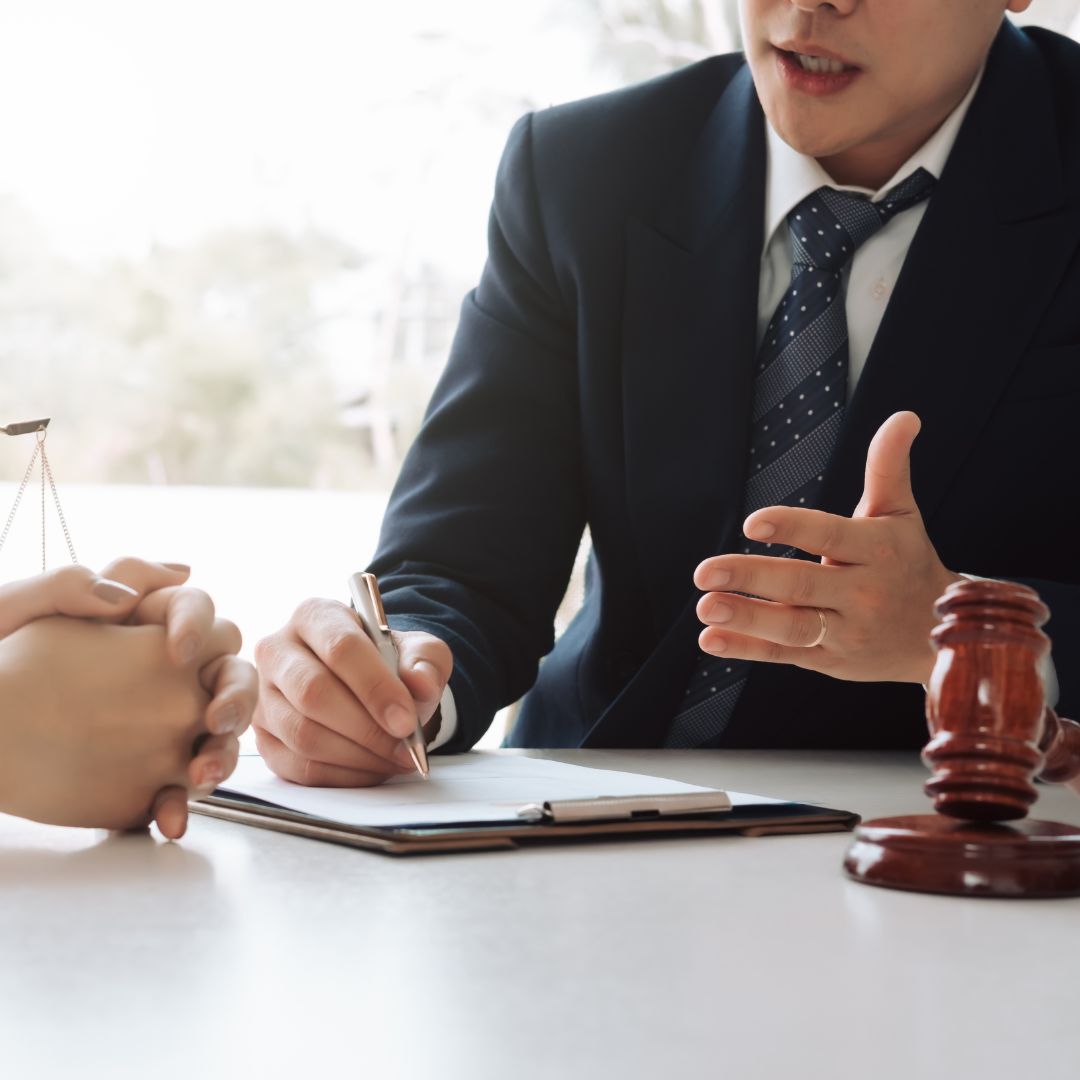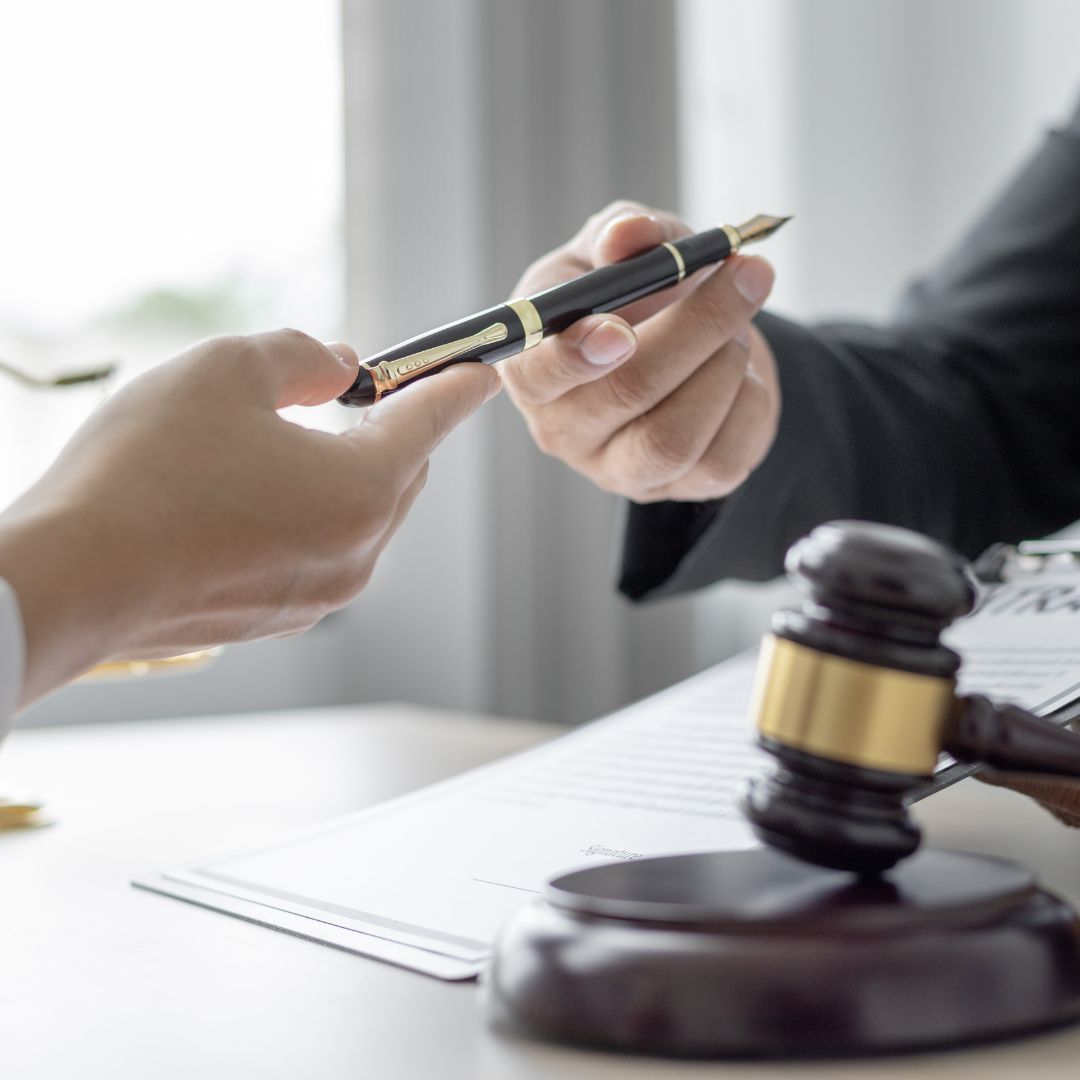In many cultures, gossip and rumors are often dismissed as harmless chatter. However, in Thailand, spreading false or damaging information about another person—whether in person, online, or through third parties—can lead to serious legal consequences. Thai defamation laws are among the strictest in the region, and those involved in spreading gossip may find themselves facing both civil and criminal liability. Understanding how Thai law treats gossip is essential for protecting your rights and avoiding unintended legal issues.
What Constitutes Defamation in Thai Law
Defamation in Thailand is defined under both the Civil and Criminal Code. It involves making a false statement to a third party that harms another person’s reputation. This can be done verbally, in writing, or through other forms of communication, including gestures or images. Gossip that includes untrue allegations or damaging claims can easily fall into this category, especially if the person targeted can demonstrate harm to their reputation, relationships, or livelihood.

Criminal Liability for Gossip and Rumors
Under Section 326 of the Thai Criminal Code, defamation is a criminal offense punishable by imprisonment for up to one year, a fine of up to 20,000 baht, or both. If the defamation is committed through mass communication channels such as newspapers, online platforms, or public speeches, the penalties can be even more severe. This means that even casual conversations or private messages containing defamatory gossip could be grounds for a criminal case if they are shared widely or intentionally aimed at harming someone.
Civil Liability and Compensation
In addition to criminal penalties, individuals affected by defamatory gossip can also pursue civil lawsuits to seek financial compensation for damages. This may include losses to their business, professional reputation, or emotional well-being. The amount of compensation is determined by the court based on the severity of the harm and the context in which the rumor was spread. Civil cases often accompany criminal charges, leading to dual legal battles for the person accused of spreading the rumors.
Gossip in the Workplace and Schools
Rumors in professional or academic settings are especially sensitive. In Thailand, defamatory gossip in the workplace or educational institutions can not only damage someone’s career or academic standing but also lead to lawsuits against employers or administrators for failing to manage the situation. Employers are encouraged to create internal policies and training that discourage rumor-spreading and protect staff from reputational harm.
Online Gossip and Social Media
Social media platforms have become the most common channel for spreading gossip, but users often underestimate the risks involved. Posts, shares, and even comments that repeat or support damaging rumors can be considered defamation. In Thailand, courts have ruled against individuals for simply resharing defamatory content without verifying its truth. Because of the wide reach and permanence of online content, the legal consequences can be more severe. Moreover, these actions can also intersect with data privacy concerns, especially when personal or sensitive information is involved, further complicating potential legal outcomes.

How to Protect Yourself
To avoid potential legal action, it’s crucial to avoid participating in or spreading gossip—especially if you cannot verify the information. If you’re the subject of harmful rumors, gather evidence and seek legal counsel promptly. At Pimlegal, we offer experienced guidance in defamation law and can help you assess your legal position, gather proof, and take the necessary steps to protect your reputation and rights.
Final Thoughts
Gossip and rumors may seem like everyday social behavior, but in Thailand, the consequences can be serious. Whether spoken, written, or posted online, spreading false and damaging information can expose you to legal risks. By understanding the laws and exercising caution in how you communicate about others, you can protect yourself from unwanted legal complications. For those affected by defamation, seeking legal advice early can make all the difference.
